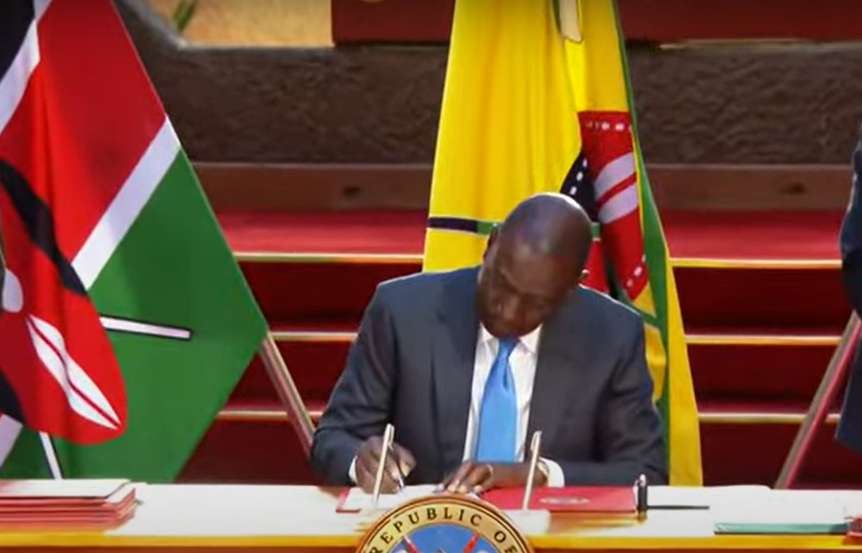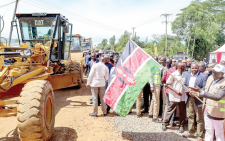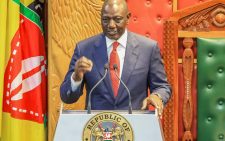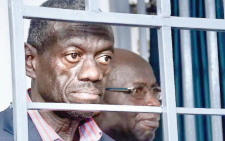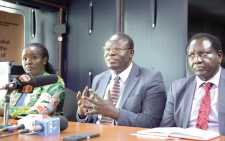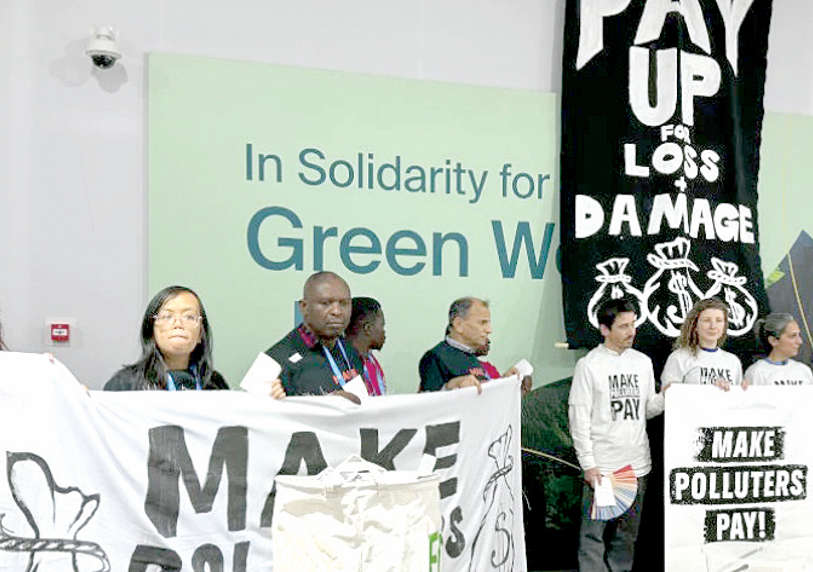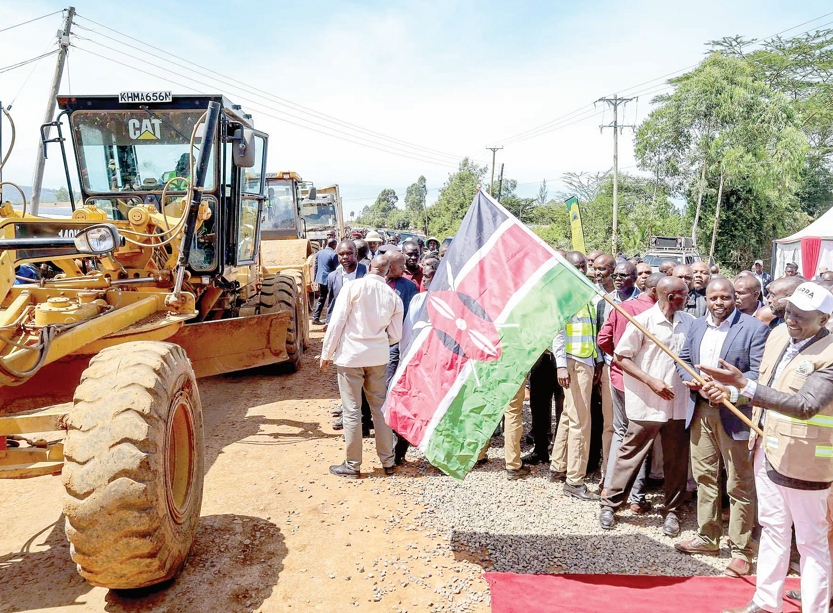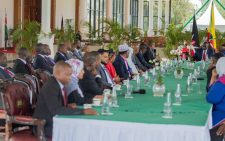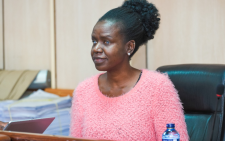President William Ruto has signed into law the Sugar Bill, paving the way for changes in the sugar industry in the country.
The Bill will re-establish the Kenya Sugar Board, introduce the Kenya Sugar Research and Training Institute and implement the Sugar Development Levy.
According to Ruto, the changes will stimulate the sugar sector and address deep-rooted challenges that have for long crippled the once vibrant and profitable industry.
“The enactment of the Sugar Bill sets the right pace for the stimulation of our sugar sector and will address deep-rooted challenges that have for long crippled the once vibrant and profitable industry,” Ruto stated.
“Particularly, it facilitates the re-establishment of the Kenya Sugar Board, introduces the Kenya Sugar Research and Training Institute and implements the Sugar Development Levy that will strengthen the industry by improving production, aligning capacity with supply, enhancing value addition and providing critical funding.”
The Board, comprising 14 members with representation from farmers, millers, government agencies, and the Council of County Governors, will set industry standards, facilitate local and international trade in sugar, regulate prices, and provide direct advisory support to sugar growers.
Kenya Sugar Board will be mandated to appoint crop inspectors to enforce compliance.
The Sugar Development Levy will be capped at 4 per cent of both the value of domestic sugar and the Cost Insurance Freight (CIF) value of imports.
The funds generated will be allocated to various critical areas including 15 per cent towards factory development and rehabilitation, 15 per cent allocated to sugarcane-producing regions on a pro-rata basis based on production capacity for infrastructural development and maintenance; 10 per cent for the administration of the Board; and 5 per cent to the functions of sugarcane farmers’ organizations.
Cane farmers are set to benefit from 40 per cent to cane development and 15 per cent to factory rehabilitation, to boost productivity, develop infrastructure and directly support cane farmers across sugar-producing regions.
The Kenya Sugar Research and Training Institute will benefit from 15 per cent of the development levy, empowering the institute to advance research and improve training standards.
The Act establishes a 5-Member Sugar Arbitration Tribunal with a mandate to arbitrate disputes between sugar farmers and other players in the sugar subsector; and disputes relating to cane pricing and contract farming.

